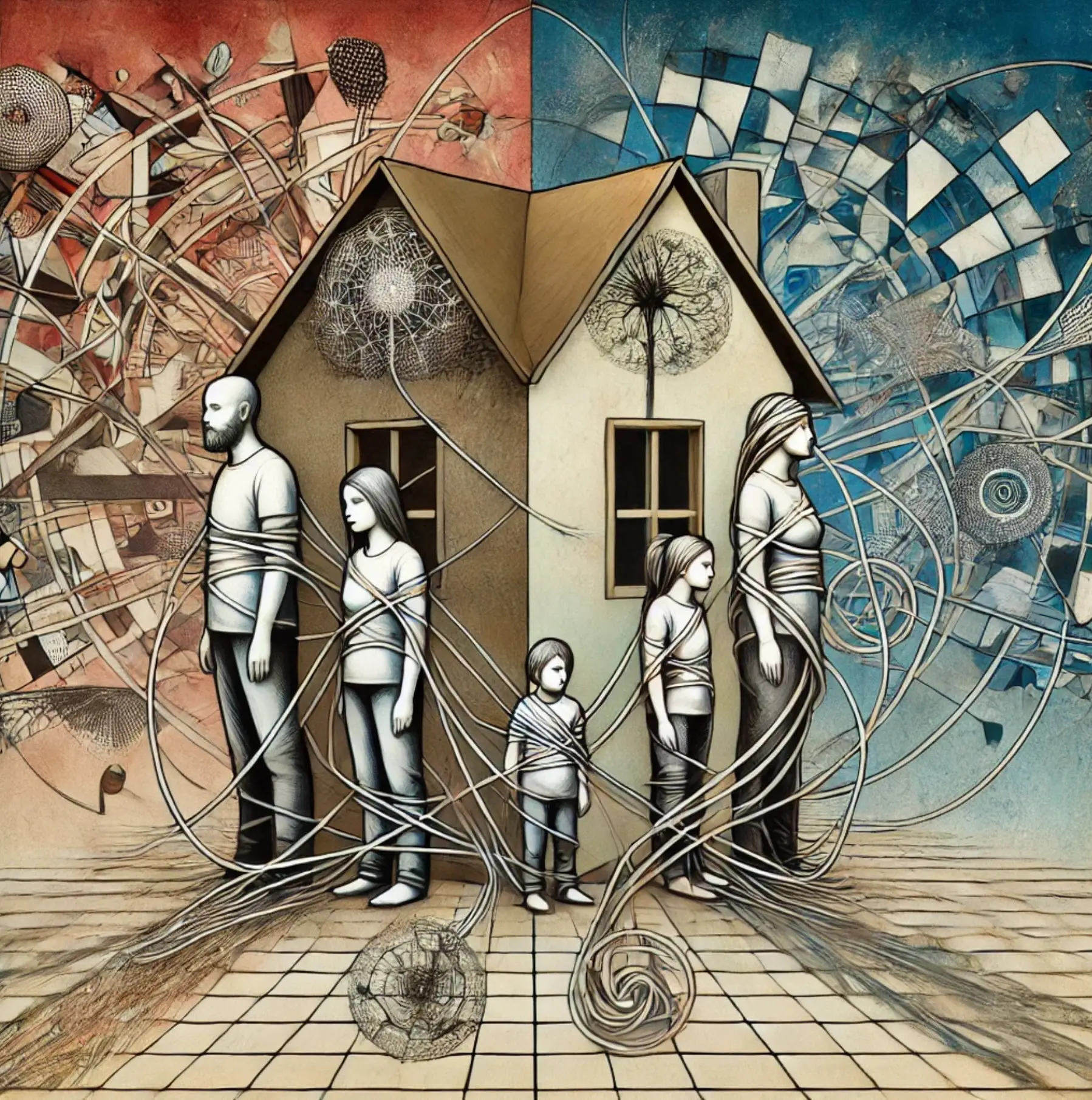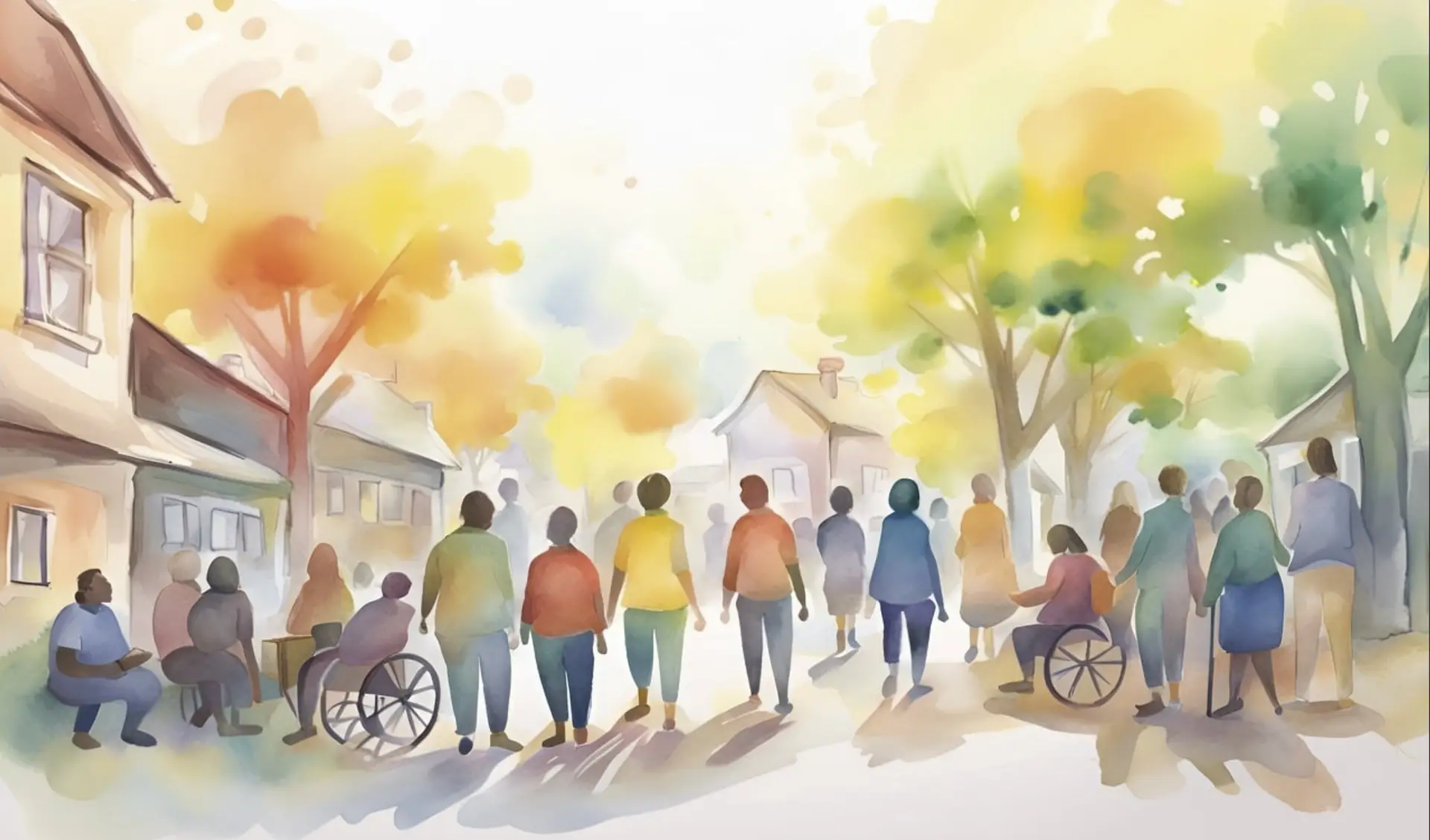
The Power of Doubt: Why It’s a Leadership Strength, Not a Weakness
We often imagine confidence, decisiveness, and clarity when we think of great leaders. These traits are vital, but what if I told you that doubt—often viewed as the antithesis of leadership—is one of the most powerful tools in a leader’s arsenal? Doubt, far from being a weakness, fosters growth, innovation, and resilience. It challenges complacency, opens doors to new possibilities, and strengthens relationships. Furthermore, it reveals much about those around us, particularly those who view doubt as a threat. Let’s explore why embracing doubt can make us stronger, more effective leaders—and why we must be cautious of those who deride it. Doubt Spurs Learning and Growth Great leaders are lifelong learners, and

Dreams, Resilience, and the Emergent Self: Insights from Symbolic Interactionism and Social Constructionism
The mystery of dreams has long fascinated scholars, scientists, and storytellers alike. From Freud’s psychoanalytic theories to Jung’s exploration of archetypes, dreams have been viewed as a window into the psyche. In our discussion of dreams, resilience, and the Emergent Self, two sociological perspectives—symbolic interactionism and social constructionism—offer valuable insights into how dreams shape our understanding of ourselves and our world. Symbolic Interactionism: Dreams as a Dialogue with the Self Symbolic interactionism focuses on how meaning arises from social interactions and the symbols we use to communicate. Dreams, from this perspective, can be seen as a symbolic interaction between different parts of the self—the conscious and unconscious, the rational and emotional, the

Revisiting the Purpose of Dreams: Beyond Freud and Toward Jung
“Bad Dreams Are Good” by Ben Healy was originally published in The Atlantic (March 7, 2019). The article from The Atlantic provides an engaging overview of prevailing theories about dreams, from Freud’s view of hidden desires to more contemporary ideas such as memory consolidation and emotional processing. However, it misses an opportunity to explore Carl Jung’s nuanced perspectives on dreams, particularly his distinction between objective and subjective dreams. This omission, along with certain generalizations in the article, invites deeper reflection on what dreams mean and why they matter. Jung’s Distinction: Objective vs. Subjective Dreams Carl Jung’s approach to dream analysis provides a framework for understanding which dreams are worth exploring and which

Understanding Dysfunctional Family Dynamics Through Social Constructionism and Relational Theory
Family dynamics are central to our development and shape how we navigate relationships throughout life. When family systems become dysfunctional, the impact ripples through individuals and their interactions, leaving emotional, psychological, and relational challenges in its wake. By analyzing these dynamics through the lenses of social constructionism and relational theory, we can uncover the underlying patterns that contribute to dysfunction and consider paths toward healing and growth. The Role of Social Constructionism Social constructionism posits that our understanding of the world is shaped by the collective meanings we construct through interactions and cultural narratives. Within families, shared stories and unwritten rules often dictate how members interact, solve conflicts, and express emotions. These

Resilience and The Emergent Self: A Journey of Growth and Possibility
Resilience is not simply the ability to bounce back from adversity. It’s a dynamic process of transformation, one that integrates the challenges we face into a broader narrative of who we are becoming. This perspective aligns beautifully with the concept of the Emergent Self, a way of understanding our evolving identity that emphasizes potential, growth, and the interplay of our internal and external worlds. When we explore resilience through the lens of the Emergent Self, we see that setbacks and difficulties are not just obstacles to overcome. They are also opportunities—fertile ground from which new aspects of ourselves can emerge. This idea shifts the focus from merely returning to a previous state

Resilience Through the Lens of Erikson’s Stages of Human Development
In infancy, the foundation of resilience begins with trust. When caregivers consistently meet an infant’s needs, the child learns that the world is safe and reliable. This sense of trust helps infants develop a secure base from which they can explore their environment. Resilience at this stage is rooted in the ability to form strong, secure attachments. Caregivers can nurture this by being attentive, nurturing, and responsive to the child’s needs. During early childhood, children start to assert their independence, navigating the balance between autonomy and guidance. Resilience emerges as children feel supported in their efforts to explore and make decisions, even when they encounter setbacks. Encouraging small, age-appropriate choices and celebrating
